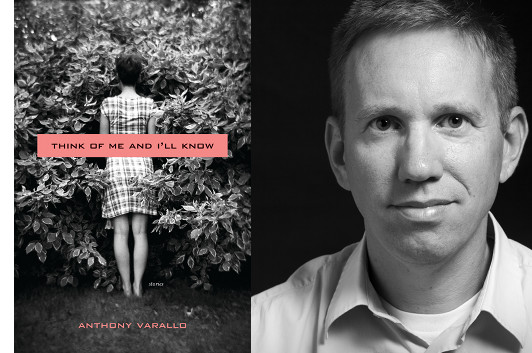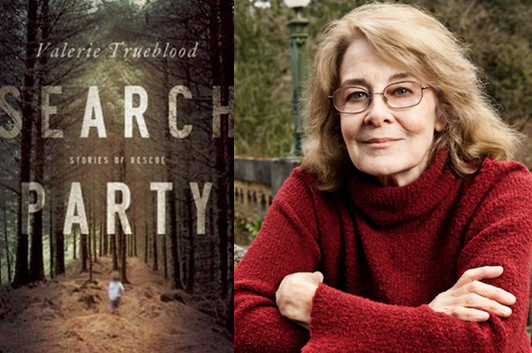Anthony Varallo: A Sense of Speech

I was introduced to the stories of Anthony Varallo in 2006, after he’d won the Iowa Short Fiction prize and contributed a guest essay to this site celebrating a favorite Cheever story. I was delighted to hear from him recently and to hear about his latest story collection, Think of Me and I’ll Know, which I’m very much looking forward to reading. I invited him to write about another story he loved, and he responded with this tribute to the innovative dialogue of V.S Pritchett.
If I had to pick one short story writer as the most neglected, least read, or simply overlooked, it would probably be V. S. Pritchett. Pritchett is, to my mind, the greatest British short story writer of all time, and his Complete Collected Stories was a revelation to me when I first read it years ago, and continues to be a book I go back to time and time again, especially when I’m thinking about dialogue. Pritchett was a master of dialogue.
One of Pritchett’s best stories, “A Sense of Humor,†begins with an exchange between the narrator, a traveling salesman checking into a new hotel, and the attractive woman who works at the hotel desk. Here’s how Pritchett conveys their first meeting:
“You’re a stranger here, aren’t you?†she said.
“I am,†I said. “And so are you.â€
“How do you know that?”
“Obvious,†I said. “Way you speak.â€
“Let’s have a light,†she said.
“So’s I can see you,†I said.
4 December 2013 | selling shorts |
Valerie Trueblood & Salter’s People

photo: Lucien Knuteson
Longtime Beatrice readers may recall Valerie Trueblood’s first guest essay, in which she celebrated the short stories of Eudora Welty. Trueblood has a new collection out, Search Party, its stories linked by the theme of “rescue,” interpreted in all sorts of ways. Stories like “Downward Dog” and “Think Not Bitterly of Me” are finely honed character studies, and though it’s not quite right to say it’s a “pleasure” to get inside these characters’ heads, it’s a revelatory experience. And Trueblood is here to tell us about another writer she admires for his character work…
This is the short story’s moment, we hear. Yet when will reviewers stop awaiting a “full-length” work? When will “The Death of Ivan Ilyich” rise up to petrify the hand about to type the word “miniature”? When will the story call in its chips as a form? When will it come out?
All the talk is about James Salter’s new novel All That Is, but there must be many readers like me who have been reading and thinking and marveling for years over his uncanny gift for the short story form.
The charge has been made, with this new novel, that his characters look down on women. Setting aside the possibility that those making this discovery in his work have not read anything else written by a male, we may note that in fiction as in life the sexes often look down on each other. Salter does indeed say things like “There was not much more to her than met the eye,” but his louche women are more likely to remind us of Jean Rhys’s, and of her men, for that matter, than of Hemingway’s women. These men of his who say the women they meet are “too human” are not at ease, they suffer for what is missing in themselves, or what’s extra and has them in its power: the craving or fetish, the sometimes ruinous allergy to the commonplace or routine, a frozen loneliness, a hankering for both sexes, an outgrown love still “in the great central chamber” of their lives. The verb love is most often in the past tense.
The wonder is that so much of the delight of existence, ecstasy really, can flow under and through such accounts.”Character” is the wrong word for Salter’s story—men and the women with whom they exchange hurts. Where short stories are concerned, the word “character” seems to me overused. We can say “character-driven” about a novel, but the short story is generally bent on something else with its inhabitants, and Salter is a master of the powerful leashed figure held in the cage of the form. His people are recognizable humans, though more beautiful than most, but so briefly seen that the awful aura of the life on its way to them includes us in a way we would not have imagined when we met them a page or two before.
5 August 2013 | selling shorts |

 Our Endless and Proper Work is my new book with Belt Publishing about starting (and sticking to) a productive writing practice.
Our Endless and Proper Work is my new book with Belt Publishing about starting (and sticking to) a productive writing practice. 
